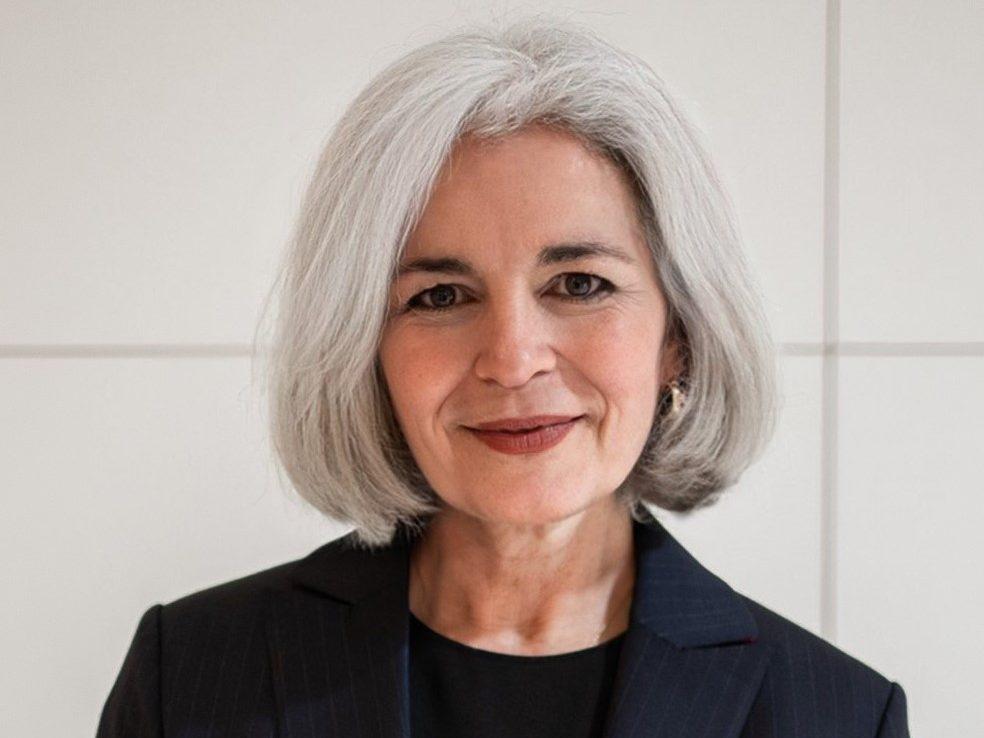Is the age of cannabis prohibition in Europe ending? Or will EU law stop EU Member States to legalize the whole value chain in the next years? Dorien Rookmaker predicts that the United Kingdom will legalize adult use cannabis before any EU Member State due to the difficulties the free movements of goods are creating within the EU. Nevertheless Rookmaker, member of the European Parliament, is optimistic that the next European elections will be a good opportunity for voters to ask political parties and politicians for their views on legalisation within Europe. In this interview Rookmaker raises the ultimative question: “Do we want a society where adults are treated like children? Or should we let people take responsibility for their own lives?” She provised insights about the various positions within the European Parliament and outlines why cannabis is currently not on top of the agenda.
krautinvest.de: The German Government has tried to legalise the whole value chain for adult use cannabis. Its new cornerstone paper aims at decriminalisation via cannabis clubs and pilot projects. After Malta and Luxembourg, Germany is the third country which has failed to enact a complete nationwide legalisation. When will we see the first legal adult use cannabis market within the EU?
Dorien Rookmaker: That’s an interesting question. Before drawing up its cornerstone paper, the German Government consulted with the European Commission. The problem is that if cannabis were fully legalised, commercial parties would be allowed under EU law to export cannabis within the European Union. This poses a huge problem. EU law guarantees the free movement of goods. Goods are not defined within the EU Treaties. Never the less, common practice defines goods within the EU as items that can be valued in monetary terms. If one EU country legalises cannabis fully and companies based there start trading in Member States that have not legalised cannabis, this could create tension. It could result to court cases from commercial parties claiming some countries do not comply with EU law. I’m afraid this situation will continue in the near future because a lot of Member States are opposed to the legalisation of cannabis. Therefore, I think the UK is more likely to be the first European country to fully legalise cannabis, rather than an individual EU Member State. This is also why it is so important to address this issue at EU level. The German proposal is not a workable solution because of enforcement issues.
krautinvest.de: The Netherlands have also initiated a nationwide pilot project with 10 regions and more than 70 coffee shops involved. The first steps took place more than five years ago, but we are only likely to see the first sales in autumn this year. How difficult is it to set up a pilot project of a significant size to estimate whether it’s possible to push back the illicit market while complying with EU law?
Dorien Rookmaker: EU law is an obstacle in the Netherlands. Anti-money laundering legislation has frustrated businesses that are participating in the project by stopping them from opening bank accounts. Banks are under strict surveillance by the national authority. Not so long ago, some banks had to pay large fines, and I’m talking millions here, because their defence/control mechanisms for signaling and reporting were deemed to be inadequate. This is why banks, and especially banks in the Netherlands, are reluctant to open up bank accounts for business that deal or grow cannabis. Also, EU law prevented the national government from selecting the most capable, professional parties for the pilot. They used a lottery system instead. Some of the selected parties have no experience at all – either with cannabis or with doing business. That is why I am a little bit concerned about the progress that’s being made, if indeed any is being made. As you probably know, the Netherlands has a long-standing tradition of tolerating the use of cannabis. Cannabis is sold in privately-owned coffee shops. Selling cannabis to retail customers is allowed, but buying wholesale is forbidden. This is unworkable. It has to change. The pilot is one step in the right direction.
Ultimately we have to look at the broader picture. Do we want a society where adults are treated like children? Or should we let people take responsibility for their own lives? Governments are not necessarily better at deciding what is good for you. I think that once people have passed the age of eighteen, it is up to them to decide for themselves about lifestyle and consumption issues. Of course, there will be accidents and incidents, but that’s how people learn.
As for the EU: the European project is about peace, freedom, prosperity and safety. Not about taking away responsibility and personal freedom from responsible, accountable adults.
krautinvest.de: Germany could also have used a ‘human rights’ argument and interpreted the 2004 framework agreement in such a way as to enable the establishment of a German legal adult use market in harmony with EU law. This would most likely have ended in front of the European Court of Justice. Would a final decision like this be helpful for many other EU countries?
Dorien Rookmaker: Probably, yes, if the court were to rule in favour of legalisation. We have to bear in mind that the EU tries to act as one, but doesn’t always succeed in doing so. As long as such enormous differences remain between the Member States, I don’t think an interpretation of the framework is the way forward. But it could work as an incentive to get things moving and it could be a starting point for the discussion on a European level. It is a pity that the legalisation of cannabis wasn’t on the agenda of the ‘Conference on the Future of Europe’ last year. That would have been a good starting point and would have attracted more young people into the debate on personal freedom and responsibility versus safety issues. But we can still start the debate and I think we should.
krautinvest.de: Currently, it looks like Germany will seek to change the 2004 framework agreement and the Schengen agreement in the long term. What are the chances that this will be possible and within what period?
Dorien Rookmaker: To be honest, I have no idea. If one country is in a position to make a difference I think it is Germany, because of its prominent place in the EU.
krautivnest.de: The European Parliament plays a significant role in the policy process. Opinions regarding cannabis regulation vary between the different political parties, but also within the same parties across different countries. For example, liberal Scandinavian politicians might still prefer a more restrictive cannabis policy than their political partners in Germany. What is the current prevailing attitude towards cannabis within the European Parliament?
Dorien Rookmaker: There is a wide variety of opinions among the political parties and Member States on the subject. Because of the war in Ukraine, the energy crises and the geopolitical situation, I have the feeling that the legalisation of cannabis isn’t high on the agenda. That doesn’t mean that we cannot work on the issue. Last year a couple of my colleagues and I started a cross-party interest group for the legalisation of cannabis for personal use. I hope – and we will surely work on this – to start the discussion and to get this legalisation issue on the agenda. The European elections that are scheduled for next year will give voters and stakeholders the opportunity to ask political parties and politicians for their views on legalisation within Europe and how to get there. It is the best time to get our views across.
About Dorien Rookmaker
Dorien Rookmaker is a Dutch politician of the More Direct Democracy (MDD) party, who has been serving as a Member of the European Parliament since 2020. Initially serving as a non-attached member, she joined the European Conservatives and Reformists in December 2021. She is a member of the Parliament’s Committee on Transport and Tourism.

